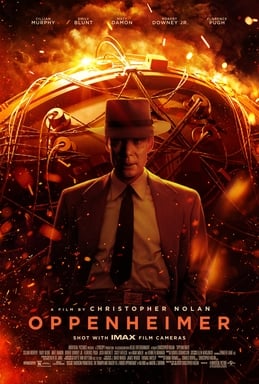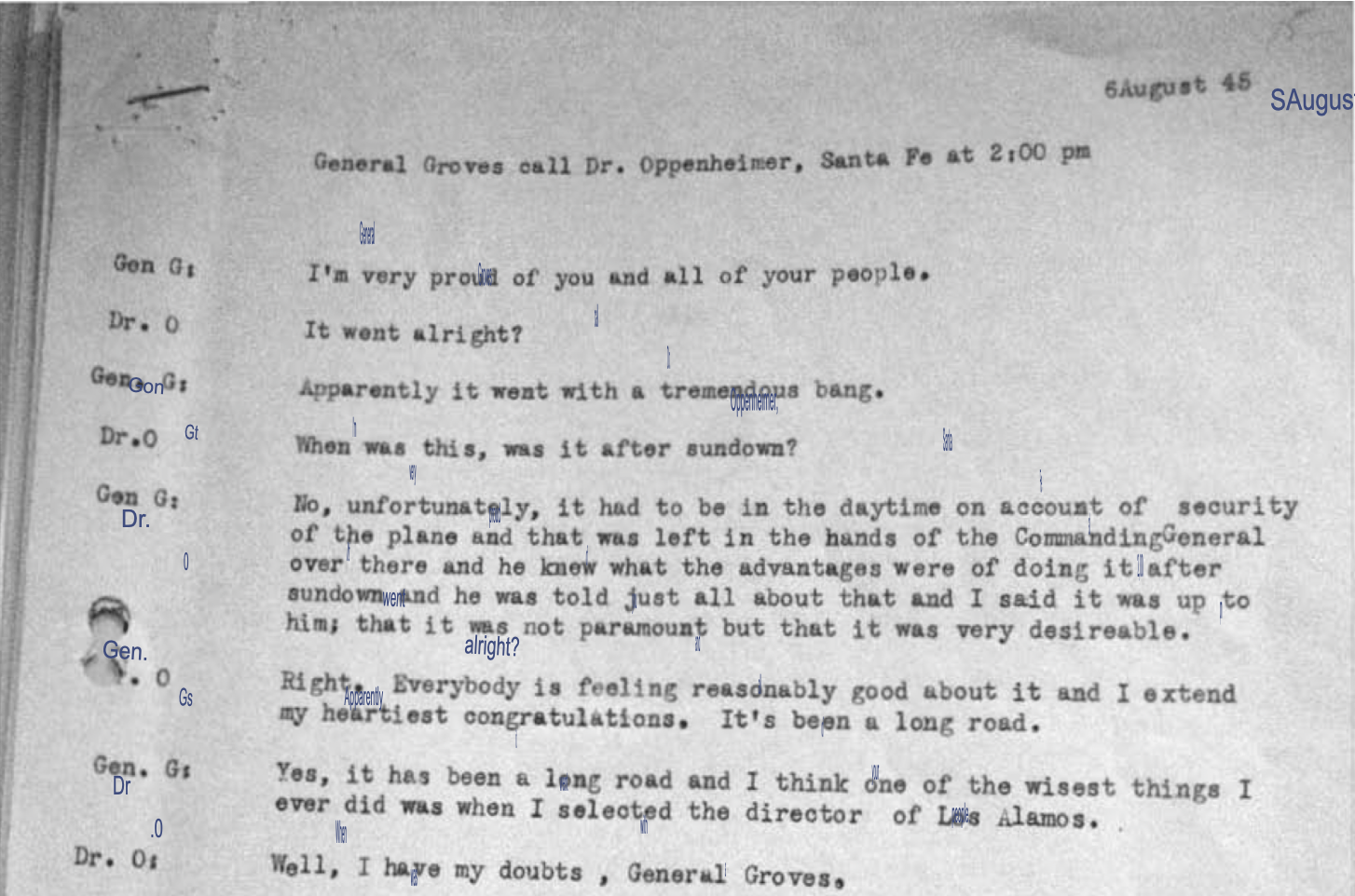Night for Day or Day for Night in the Heart of Darkness

All Global Research articles can be read in 51 languages by activating the Translate Website button below the author’s name (only available in desktop version).
To receive Global Research’s Daily Newsletter (selected articles), click here.
Click the share button above to email/forward this article to your friends and colleagues. Follow us on Instagram and Twitter and subscribe to our Telegram Channel. Feel free to repost and share widely Global Research articles.
Global Research Referral Drive: Our Readers Are Our Lifeline
***
“I had a dream, which was not all a dream.
The bright sun was extinguish’d, and the stars
Did wander darkling in the eternal space,
Rayless, and pathless, and the icy earth
Swung blind and blackening in the moonless air”
– Lord Byron, “Darkness”
Overheard in a coffee shop: A woman and a man are sitting together at a table.
She with a laptop open before her and he with a coffee and a book. Looking at the screen, she says to him, “I didn’t know that the solar eclipse lasts for 70 to 80 minutes, going from partial to full, and the full eclipse lasts just 3-4 minutes.”
The man replies: “And if you’re lucky, the partial eclipse lasts more than 70 to 80 years, because then the full eclipse is forever.”
She acts as if she doesn’t hear him, as if his sardonic humor has nothing to do with her death anxiety or with the media’s celebration of the darkness visible of the total solar eclipse due to occur on April 8th across North America that the media is calling “eclipse mania,” while failing to mention they are promoting it as such.
It is strange how today people revel in the darkness even while fearing it. Sunsets are far more popular than sunrises, even while death is the great bogeyman and birth deserves cigars and champagne. Crowds regularly gather in the evenings, cell phone cameras raised, to laud the death of the light that they embalm on their dinguses (i.e. gadgets, just as the atomic bomb was nicknamed “The Gadget”), trying to freeze time, even as they celebrate the death of another day. This twisted relationship to day and night, life and death, darkness and light is perhaps best summoned up in a few lines of poetry from Rainer Maria Rilke from his Duino Elegies:
For beauty is nothing but the beginning of terror
which we are barely able to endure, and it amazes us so
because it serenely disdains to destroy us.
Every angel is terrible.
We are such strange and paradoxical creatures.
And now the upcoming plunge into night for day with the solar eclipse is the next great big thing to see.
A plunge into the heart of darkness that is apposite to the dark heart of U.S. foreign policy with its ruthless power, craven terror, and pride in killing.
It is uncanny how the darkness of social life today is reflected in the promotion of a natural event as if it were a must-see film that has just won the Academy Award.
As Joseph Conrad wrote in Heart of Darkness: “Like a running blaze on a plain, like a flash of lightning in the clouds. We live in the flicker.”
And we will die in a flicker if the dark-hearted leaders of this country continue to push against Russia in Ukraine for the nuclear war that they previewed in 1945 at Hiroshima and Nagasaki. It is understandable why in retrospect the great Australian journalist Wilfred Burchett’s first report from Hiroshima was so widely censored and why he was for many years portrayed as a communist dupe, even as twenty years later his honest reports from Vietnam were so important for those interested in the truth that the mainstream media blacked them out. The exposure of America’s ongoing war crimes was for decades blamed on communist influence, just as today it is blamed on Russian propaganda.
 But now it’s time for a flick to give us crocodile tears from the father of the atomic bomb, J. Robert Oppenheimer, with that must-see Academy Award winning film, Oppenheimer.
But now it’s time for a flick to give us crocodile tears from the father of the atomic bomb, J. Robert Oppenheimer, with that must-see Academy Award winning film, Oppenheimer.
The imprisoned and executed German pastor, Dietrich Bonhoeffer, writing from prison before he was executed by Hitler for opposing Hitler’s mass atrocities, called such subtle self-glorification “cheap grace.” It is grace we bestow on ourselves, forgiveness without requiring repentance, feats of self-glorification mastered by Hollywood.
A biopic of one man with all his complicated and twisted personality and scientific brilliance is a far cry from Wilfred Burchett’s article, The Atomic Plague: “I write this as a warning to the world.” But then the Academy Awards’ ongoing support for Ukraine in its U.S. proxy war against Russia – a war rooted in the 2014 U.S. engineered coup and NATO’s encircling of Russia – is just the opposite: a provocation that makes nuclear war much more likely. It’s a sick celebrity game.
The creation of the atomic bomb and its use on the Japanese was demonic – pure evil. Robert Oppenheimer was not a tragic figure as Kai Bird, the coauthor of American Prometheus: The Triumph and Tragedy of J. Robert Oppenheimer, claimed last year in The New York Times.
As I wrote in “Trinity’s Shadow,” he was “complicated, yes; but he was essentially a hubristic scientist who lent his services to a demonic project, and afterwards, having let the cat out of the bag by creating the Bomb, guiltily urged the government that used it in massive war crimes to restrain itself in the future.”
Asking for such self-regulation is as absurd as asking the pharmaceutical and big tech industries, or the CIA, to regulate themselves. Anyone who would give the name “Trinity” to the site where the first bomb was exploded had a twisted mind.
Oppenheimer, which excludes scenes from the devastation in Hiroshima and Nagasaki but includes one wherein scientists rapturously celebrate with flag waving the exploding of the bomb over Hiroshima, recently opened in Japan.
The Unspoken August 6, 1945 Oppenheimer Telephone Conversation
Below is the Transcript of an August 6, 1945 telephone conversation, declassified (Between Gen. Groves and Dr. Oppenheimer) hours after the Hiroshima bombing:
Gen. G. I am very proud of you and your people [nuclear scientists]
Dr. O. It went alright?
Gen. G. Apparently it went with a tremendous bang.
screenshot below, click link to access complete transcript )
The New York Times published a piece about the opening that contains various Japanese reactions, including one from Yujin Yaguchi, a professor at the University of Tokyo, that accurately raises a fundamental issue: the film “celebrates a group of white male scientists who really enjoyed their privilege and their love of political power.
We should focus more on why such a rather one-sided story of white men continues to attract such attention and adulation in the U.S. and what it says about the current politics and the larger politics of memory in the U.S (and elsewhere).”
Exactly. The issue is political, not aesthetic. Why it is good to see some flickering images and not others? Why is night for day and the blocking out of the sun by an eclipse so good but the reminder that we are on the edge of a nuclear eclipse because of the policies of our dark-hearted leaders is not?
We live in very dark times.
There is no need to watch the sun being extinguished and day turn to night in the heart of an immense darkness. Kurtz’s dying words as recalled by Marlowe at the end of The Heart of Darkness – ‘The horror! The horror!’ are not words we want to utter as we realize we too have gone mad in our souls because we looked the wrong way as the nukes were in their flight.
Chase the light!
As Oliver Stone writes in his memoir, “One of the first basic lessons in filming is chasing the light. Without it, you have nothing. . . .”
It’s true in life as well. We live in the flicker.
So if we are to celebrate the dawn of a new day on earth, paradoxical and contradictory as it might sound, we do need to look into the darkness – the heart of the darkest and demonic crimes committed by our heartless leaders – Hiroshima and Nagasaki, the genocide in Gaza, the escalating and expanding war in the Middle East, and the U.S proxy war against Russia in Ukraine, to name a few.
And if the contemplation of the eclipse of the sun disturbs you enough to impel you to do so, a quick peek won’t hurt.
*
Note to readers: Please click the share button above. Follow us on Instagram and Twitter and subscribe to our Telegram Channel. Feel free to repost and share widely Global Research articles.
This article was originally published on the author’s website, Behind the Curtain.
Edward Curtin is a prominent author, researcher and sociologist based in Western Massachusetts. He is a Research Associate of the Centre for Research on Globalization (CRG).
Featured image is from Pete Linforth/Pixabay



